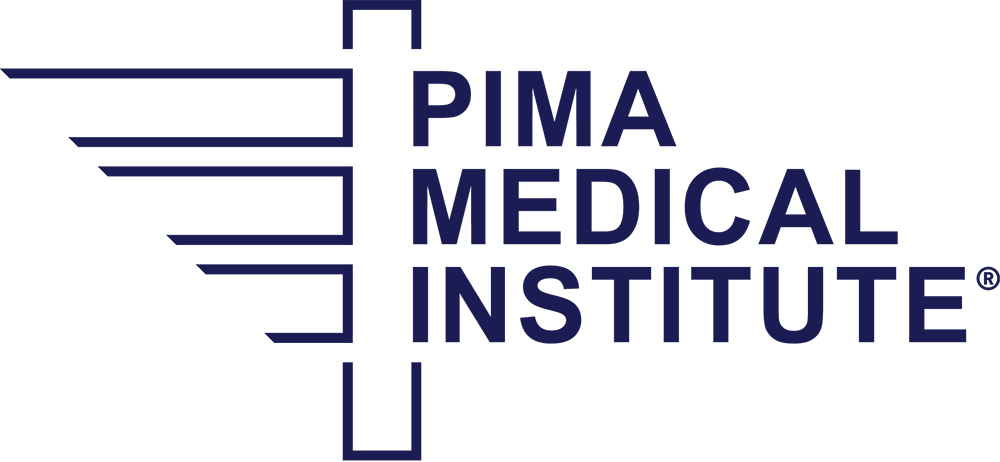 Voices of Vital Care has officially launched, offering a fresh, story-driven look at the people and professions that keep today’s healthcare system moving.
Focused on allied healthcare, the podcast explores the real-world roles, career pathways and in-demand skills shaping modern patient care. Through conversations with industry professionals, educators and students, the series helps the audience better understand how medical assistants, dental assistants, pharmacy technicians, veterinary professionals and other allied health specialists support clinical teams and improve outcomes across communities.
The debut episode features three student voices from The Pima Medical Institute Phoenix campus, Yvonne, a medical assistant student; Preliyah, a dental assistant student; and Jackie, a veterinary assistant student, who share what inspired them to pursue healthcare careers and what it’s really like preparing for the workforce today. A special guest, Athena the dog, also makes an appearance, offering a lighthearted, AI-assisted perspective on the conversation.
The podcast is powered by Pima Medical Institute, supporting its mission to elevate allied healthcare careers, amplify student and educator voices, and strengthen connections between education and healthcare employers nationwide.
The first episode is available now with additional stories and expert insights coming soon. Viewers/listeners can follow and subscribe on their preferred podcast platforms to stay connected with the people who bring patient care to life.
Voices of Vital Care has officially launched, offering a fresh, story-driven look at the people and professions that keep today’s healthcare system moving.
Focused on allied healthcare, the podcast explores the real-world roles, career pathways and in-demand skills shaping modern patient care. Through conversations with industry professionals, educators and students, the series helps the audience better understand how medical assistants, dental assistants, pharmacy technicians, veterinary professionals and other allied health specialists support clinical teams and improve outcomes across communities.
The debut episode features three student voices from The Pima Medical Institute Phoenix campus, Yvonne, a medical assistant student; Preliyah, a dental assistant student; and Jackie, a veterinary assistant student, who share what inspired them to pursue healthcare careers and what it’s really like preparing for the workforce today. A special guest, Athena the dog, also makes an appearance, offering a lighthearted, AI-assisted perspective on the conversation.
The podcast is powered by Pima Medical Institute, supporting its mission to elevate allied healthcare careers, amplify student and educator voices, and strengthen connections between education and healthcare employers nationwide.
The first episode is available now with additional stories and expert insights coming soon. Viewers/listeners can follow and subscribe on their preferred podcast platforms to stay connected with the people who bring patient care to life. Don’t forget to like and subscribe!



